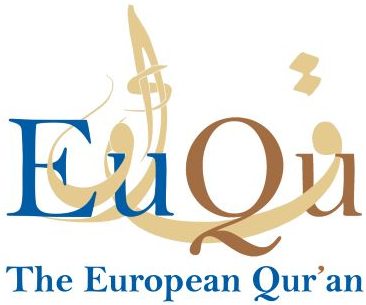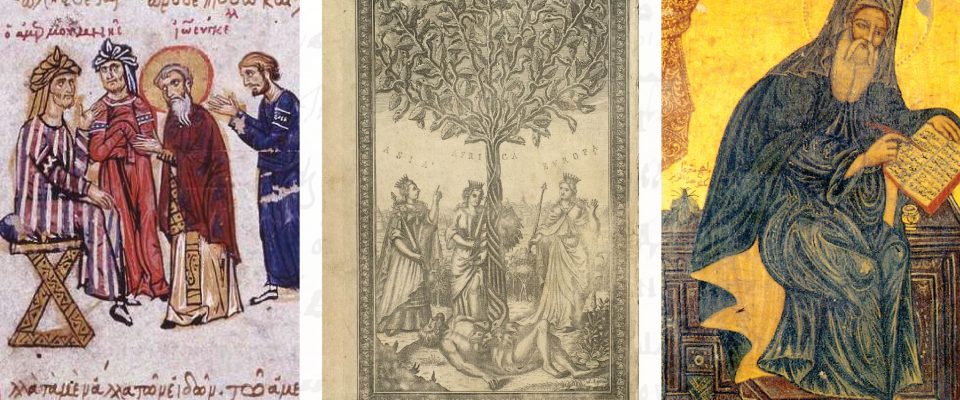May 11-12, 2022 | University of Copenhagen
The Holy Book of the Ishmaelites was the name commonly used by Eastern Christians of various traditions to refer to the Qur’an. Since the emergence of Islam in Late Antiquity, Eastern Christians speaking Arabic, Armenian, Coptic, Ethiopic, Georgian, Greek, Church Slavonic, Russian and Syriac came in contact with Islam and its Holy Scripture. From the Mediterranean lands to Russia via the Balkans, Anatolia and Caucasus, the experience of Eastern Christians with their Muslim neighbors and/or rulers was shaped by diverse multicultural and multiconfessional contexts in which their approach to the Qur’an played a significant role in defining religious identity and the dynamics of communal life.
This international workshop will explore how Eastern Christians engaged with the Qur’an and its Islamic interpretations from the medieval period until the end of the eighteenth century. Bringing together different religious traditions, one of the main scopes of the workshop is to build a platform of discussion between scholars working with source material from Arabic, Armenian, Coptic, Ethiopian, Georgian, Greek, Church Slavonic, Russian and Syriac contexts, with a focus on how these milieus shaped Eastern Christian responses to Islam and its Holy Scripture.
How did texts on Islam and Qur’an circulate within groups and networks? How did they cross confessional boundaries? Who were their authors and intended audiences? These and similar questions will guide the discussions, and will generate – we hope – new debates for the entangled history and cross-cultural history of the Eastern Christian communities from the medieval to the dawn of modernity.


